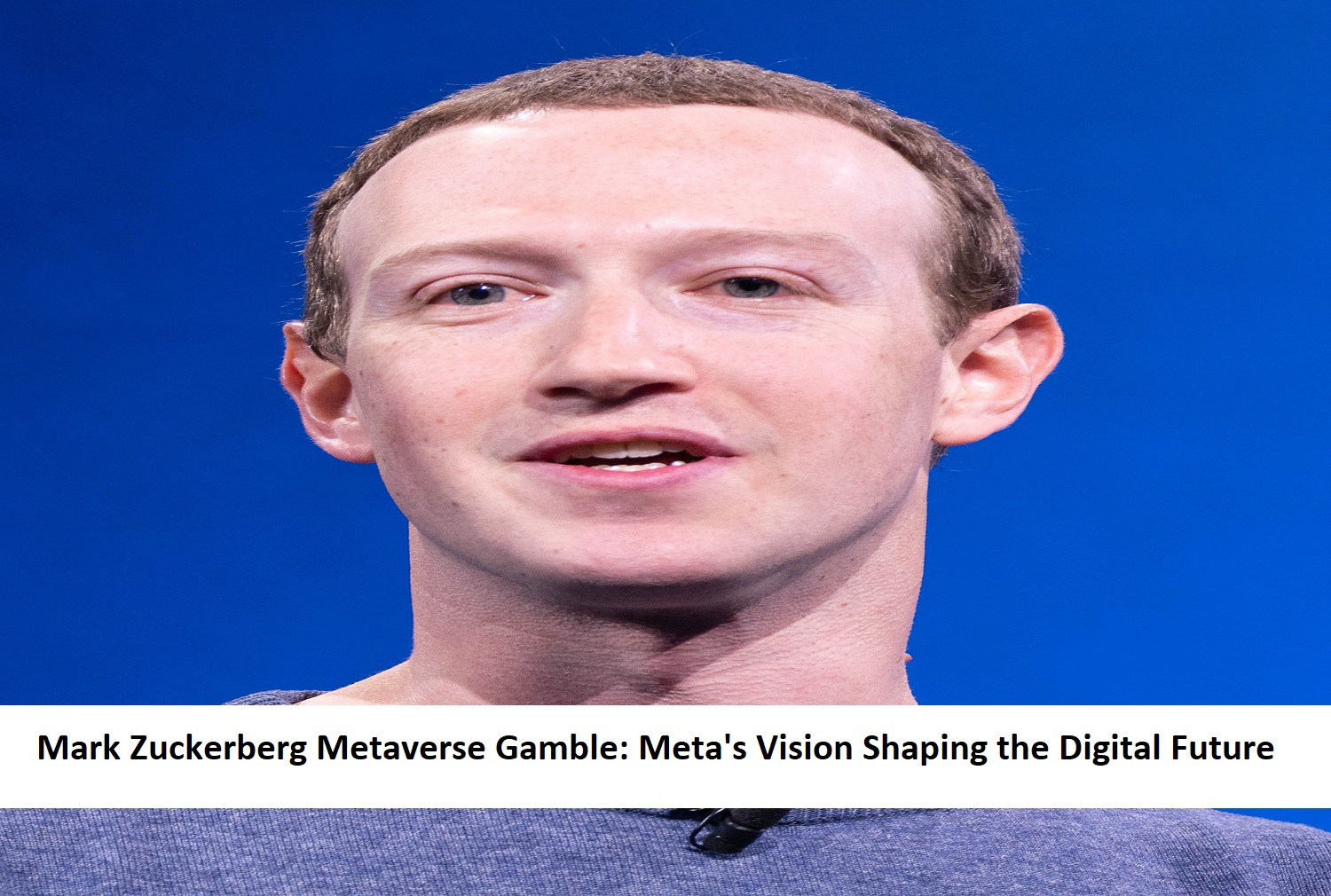Mark Zuckerberg Metaverse Gamble: In a bold move, Mark Zuckerberg invested $40 billion in the metaverse, and it seems he is prepared to lose even more. The Virtual Reality and research unit, Reality Labs, have been burning through $40 billion since 2021 alone.
While Meta, formerly known as Facebook, reported a substantial surge in advertising revenue, the metaverse, artificial intelligence (AI) development, and court expenses have driven up the company’s costs. Despite implementing Meta’s cost-cutting measures and laying off a significant number of employees, Meta remains committed to its ambitious projects, including the metaverse, even in the face of skepticism.
Reality Labs, responsible for developing VR glasses and overseeing metaverse research, saw a decline in sales from $452 million to $276 million compared to the previous year. The second-quarter losses for the unit amounted to a staggering $3.7 billion, indicating a potential overshooting of the $5 billion annual cost objective outlined to investors in September.
The unit’s cumulative losses reached approximately $40 billion in 2021, with $13.7 billion lost in the preceding year. Meta expects these financial losses to escalate significantly in 2024 as they continue investing in Augmented Reality (AR) and VR, scaling their ecosystem. Zuckerberg had previously reassured investors that Meta’s expenditures would slow down after 2023, acknowledging their concerns about the long-term implications of such a hefty investment.


Despite the metaverse massive losses, Meta’s shares surged by 7.5%, showing promising performance overall. The company’s CEO, Mark Zuckerberg, expressed optimism, highlighting the strong engagement across all their apps and an exciting roadmap that includes Llama 2, Threads, Reels, new AI products, and the upcoming release of Quest 3.
In the second quarter, Meta’s revenue increased by 11%, surpassing analysts’ expectations of $31.12 billion with a total of $32 billion. Meta Advertising revenue also experienced significant growth, rising by 12%, outpacing Google’s 3%. Meta’s adjusted earnings per share of $2.98 exceeded Wall Street’s $2.91 objective, reflecting the company’s positive trajectory.
After a challenging 2022, Facebook’s resurgence can be attributed to its investment in new AI technology and a cost-cutting drive that resulted in 21,000 job cuts since the previous autumn.
With Meta’s shares rising by almost 100% this year, advertisers have returned to investing in digital advertisements, buoyed by signs of the economy’s resilience against rising inflation. Brands are favoring proven platforms, benefiting both Meta and Alphabet. However, Snap experienced poor sales on Tuesday and faced losses amidst the competition.
Mark Zuckerberg’s $40 billion metaverse gamble remains a topic of intense scrutiny as the tech giant continues to forge ahead with its ambitious vision, shaping the future of the digital landscape.
Ford Q2 Earnings Surge: Gas Trucks and SUVs Thrive, Electric Cars Show Signs of Recovery
Our Reader’s Queries
Does the metaverse still exist?
The metaverse is still kicking at Meta, but it seems like the rest of the tech world has moved on.
What is Zuckerberg’s vision for the metaverse?
At Connect 2021, Mark Zuckerberg revealed our vision for the metaverse as the next phase of the internet, offering interconnected digital realms where you can experience things impossible in the real world.
Is Meta still building the metaverse?
In April, Zuckerberg affirmed that, despite speculation about the demise of the metaverse, the development of the metaverse is a long-term undertaking and Meta is dedicated to it.
What is Meta metaverse?
The metaverse represents the future of the internet for computer experts: a unified, interactive, everlasting 3D virtual realm where people can engage in experiences not possible in real life.

